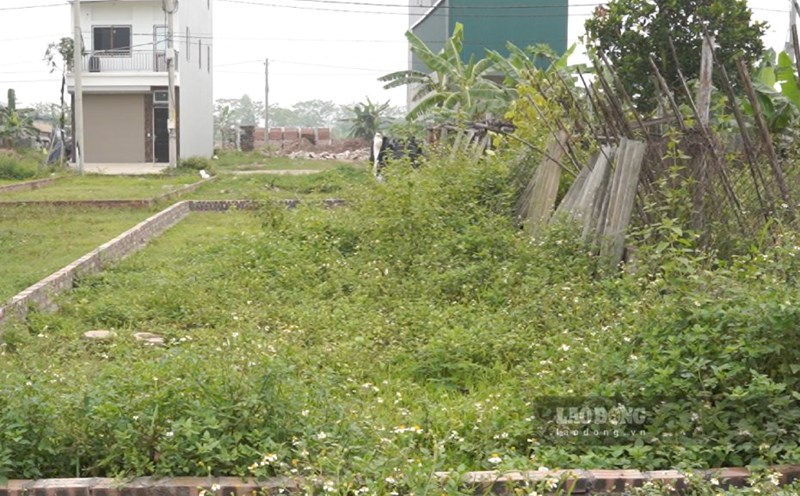Many conflicting views
In the draft Law amending and supplementing the 2024 Land Law being consulted by the Ministry of Agriculture and Environment, one of the turning points is to remove the principle of determining land prices according to market mechanisms, instead the mechanism for the State to determine primary land prices.
Accordingly, with the draft law amending and supplementing a number of articles of the 2024 Land Law being consulted, the Ministry of Agriculture and Environment proposes to remove the market element in primary land valuation, instead, land prices will be issued by State agencies, through the land price list every 5 years or adjusted annually by coefficient K. This amendment to the law after only 1 year of implementation is receiving many mixed opinions.
Mr. Le Hoang Chau - Chairman of the Ho Chi Minh City Real Estate Association - said that in the current context, the valuation mechanism through consulting organizations and appraisal councils at the provincial level has revealed many loopholes, easily leading to collusion between the parties, causing negative results. Therefore, the State directly appraises prices in the primary market and allows the market mechanism to operate in secondary transactions, while controlling through tax tools to both remove financial difficulties for businesses and help cool down housing prices and avoid land prices being dominated by virtual market prices.
However, in the real estate industry, there are many concerns that the State's exclusive right to valuate land without market factors will increase the risk of lack of transparency. And it is possible to go back to "the scene of a car falling" which is the story of the same plot of land but with two different prices. In which, the price is stated in the contract and documents to calculate financial obligations. The actual transaction price on the market is often much higher. This mainly happens when the land price list issued by the State is not updated in time with market prices.
According to Dr. Nguyen Duy Phuong, Investment Director of DG Capital, when land prices are completely decided by State agencies, land prices that do not depend on price consultation results can easily lead to one-sided price imposition, which can be slow to update compared to actual market prices, causing damage to people and businesses if there is no independent monitoring and criticism mechanism.
Regarding concerns about the land price list being dominated by virtual prices, experts say that localities building a land transaction data system will help gradually eliminate the phenomenon of virtual fever, creating a foundation for a more transparent market.
Need to review land valuation and land use fees calculation
The 2024 Land Law has abolished the land price framework, giving the provincial People's Committee the right to decide on the land price list in accordance with the actual situation. However, after the law took effect, the adjustment of land price lists in many localities led to a sudden increase in land prices, causing a huge financial burden for people and businesses.
According to experts, the underlying cause lies in the current land price determination mechanism in the 2024 Land Law and its implementing guidelines. In particular, the input land price data is not complete, the land valuation process still depends on the consultation results of the land valuation organization...
Therefore, it is necessary to amend the 2024 Land Law in the direction of perfecting the land valuation mechanism, ensuring fairness between financial obligations and rights of land users when their land is recovered.
Mr. Nguyen The Phuong, Vice President of the Vietnam Valuation Association (VVA) expressed his opinion that the land valuation table has 2 stories: land price list and specific land valuation. Regarding the land price list, people in the world also divide it into 2 stories. First, land valuation is an evidence economy, that is, it must follow market rules and there is no other way. Second, to collect financial obligations on land use rights, the State's subjective standards must be consistent with social conditions and in line with policies for each period.
Agricultural land must be divided into many types. The first is the type of land in urban areas, the second is land in residential areas and the third is agricultural land in residential land planning areas.
Mr. Nguyen The Phuong said that it is necessary to review land rental prices to avoid increasing input costs, causing shock to businesses when converting prices. This is under the authority of the local government and the People's Council to decide. He proposed applying the surplus method when pricing, while reducing 50% of land prices for priority sectors such as education and health.










